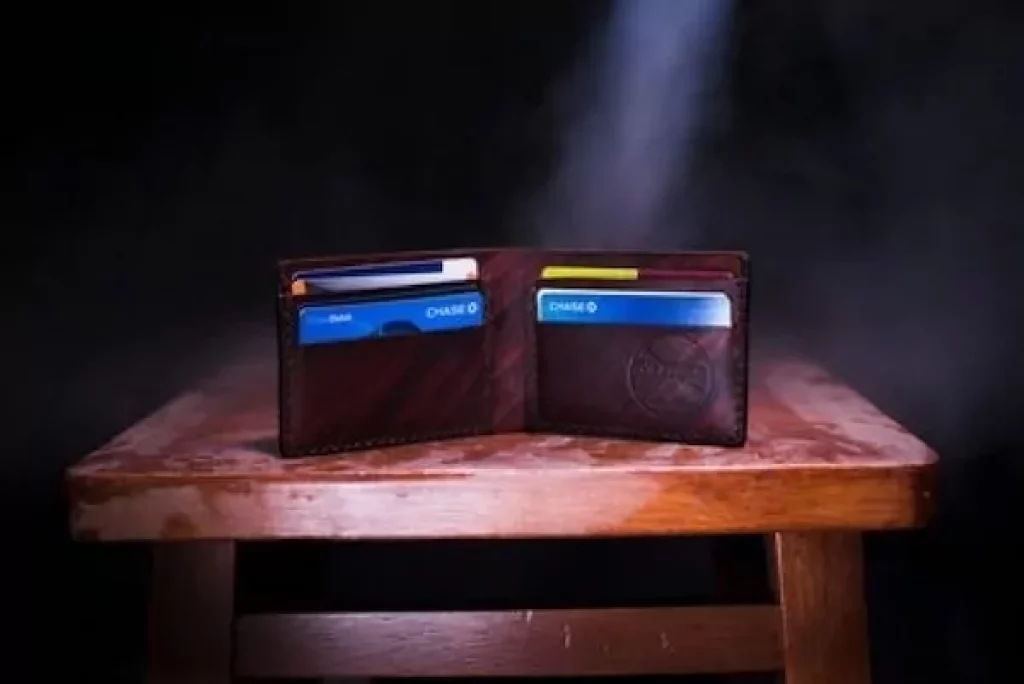In the Digital Age, some of us feel more vulnerable than ever.
Technology improves our way of life and exposes us to additional risks. For example, if you’ve ever experienced credit card fraud, you know exactly how technology can be used maliciously.
These scammers and hackers create a variety of schemes to commit credit card fraud. For example, they may initiate a data breach, use skimmers on credit card machines, or call us a trusted entity.
No matter their methods, when it happens to us, we feel violated, angry, and worried about how to recover correctly. But before we can even begin to process exactly what happened, we must act. Unfortunately, not working quickly after credit card fraud could worsen a bad situation.
Read on to learn exactly what to do after credit card fraud to ensure your finances don’t suffer further.
How to Recover from Credit Card Fraud
Credit cards with chips are now reducing credit card fraud instead of swiping. But, credit card fraud still accounts for billions of dollars in losses. Use the following steps to recover from credit card fraud as quickly and efficiently as possible.
1. Collect Yourself
Before you can remedy your financial situation, it’s helpful to take a deep breath and collect yourself. Then, instead of acting from a place of high emotion, take some time to breathe and prepare. While this can be difficult, having a clearer mind can help you handle the steps required to improve the situation more effectively.
To prepare, grab a pen a paper. These items will help you write down important notes, create a checklist, and keep track of names, dates, and other important information. Doing so will also help you remember vital details during this stressful period.
2. Contact Your Credit Card Company
As soon as you notice fraudulent transactions, contact your credit card company. Notify them of the fraudulent activity and the duplicate transactions you didn’t complete.
You should notify your financial institution if your credit card is linked to your bank account.
A positive side of credit card fraud is that many credit card companies have zero-liability policies that protect you from paying for fraudulent charges. However, there may be a small fee you’ll need to deliver depending on when you reported the fraudulent charges.
If you reported your credit card lost or stolen before the charges, many credit card companies won’t charge you a fee or hold you responsible for the costs.
Federal law mandates that the company can only charge you a $50 fee if someone does use your card fraudulently before you report it to your credit card company. So in this scenario, you won’t be held accountable for paying off the fraudulent charges.
However, you must report the fraudulent activity within two business days to qualify for this fee rate. After the two business day mark, your liability jumps to 500 dollars within 60 days of receiving your credit card statement. However, if you wait longer than 60 days, you could be held entirely accountable for the fraudulent charges.
So, when reporting fraud, time is of the essence. Always report fraudulent transactions as soon as you learn of them. Even more, vigilance is to report your credit card loss or theft before any fraudulent activity occurs.
3. Update Your Accounts
After credit card fraud occurs, it’s important to update your credit card account, bank account, and any other accounts your credit card was linked to, such as PayPal. It’s also a good measure of caution to update passwords for any other credit cards or financial accounts.
To start, change your online passwords and PINs. It’s also a good idea not to have the same passwords or PINs for multiple accounts.
Next, you should add alert capabilities to your banking and credit card accounts. Alerts will allow you to know exactly when a transaction occurs to keep track of all your account activity to prevent further fraud.
4. Contact a Credit Bureau
Contact one of the three credit bureaus to report the fraudulent activity as soon as possible. When you contact one bureau, that bureau must report the fraudulent activity to the other two bureaus.
Ask them to put a fraud alert on your credit reports. Fraud alerts can stop fraudsters from opening additional lines of credit in your name. Any credit institution will also contact you before a new line of credit is spread when a fraud alert is active on your credit report.
You can also ask the credit bureau to freeze your report if you want additional protection. Even though freezing your account may cost a small fee, it could prevent further fraudulent activity.
After contacting a credit bureau, you should report the fraudulent activity to the Federal Trade Commission. They will help you create a recovery plan and assist with any investigations. This will be especially useful if you decide to file a police report.
Sadly, sometimes credit fraud results in a lowered credit score. If fraudulent behavior results in bad credit, you should learn more about bad credit and getting loans.
5. Monitor Account Activity
You should monitor all your credit and bank accounts in the months and weeks following credit card fraud. Thoroughly examine each bank and credit statement, and keep up with account alerts.
You can also opt into free or paid credit monitoring services from trusted sources.
Credit Card Fraud Prevention
While we can’t always prevent credit card fraud, there are ways to protect your financial status. To protect yourself, monitor all account transactions, change passwords regularly, and don’t use the same password for every account.
While credit card fraud is undoubtedly a stressful experience, the credit card company, credit bureaus, and the Federal Trade Commission will all do their best to get your finances back on track.
Need to lighten your mood after experiencing credit card fraud? Check out our blog post for five great humor websites that could reduce your stress.
